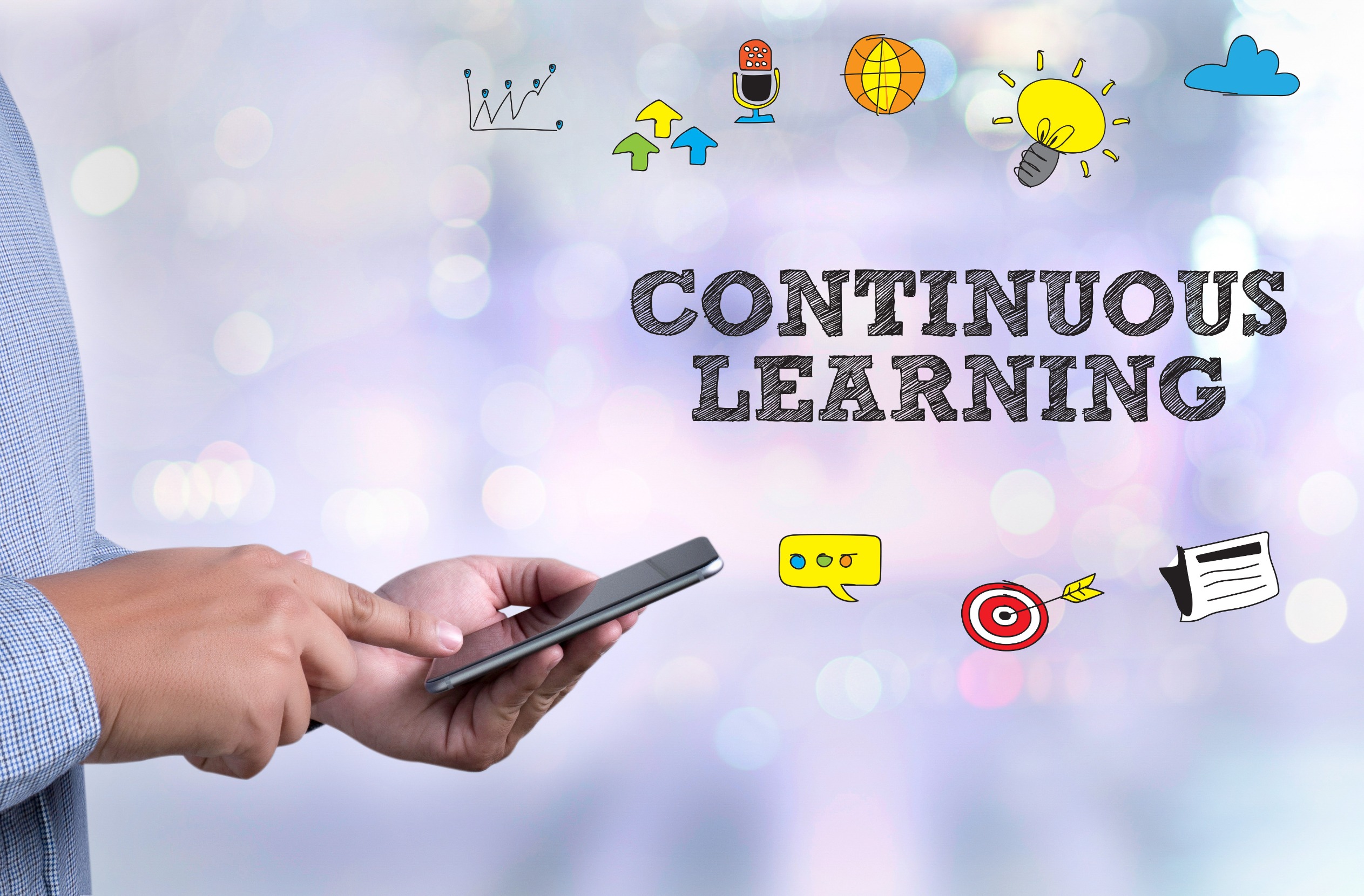
In an ever-evolving digital world, it’s crucial for Baby Boomers to embrace new technologies to stay connected and efficient. This article outlines 13 essential skills that can help bridge the technology gap, ensuring that Boomers are not left behind in the digital era.
1. Basic Computer Literacy
Understanding the basics of operating a computer is foundational. Boomers should familiarize themselves with starting and shutting down a computer, using a keyboard and mouse, and navigating the operating system.
Learning to manage files and folders is also crucial for organizing digital documents. Knowing how to adjust settings like brightness and volume adds comfort to computer use. Finally, basic troubleshooting skills, like restarting the computer or checking connections, can save time and frustration.
2. Internet Navigation
Navigating the internet is a gateway to the digital world. Boomers must understand how to use a web browser, enter website addresses, and use search engines effectively.
Recognizing secure websites, especially for online transactions, is critical for safety. Bookmarking favorite websites can save time. Understanding basic online etiquette and the permanence of digital footprints is also essential.
3. Email Communication
Email remains a primary form of communication. Boomers should learn to compose, send, and receive emails. Understanding email etiquette, including when and how to use CC and BCC, is important.
Managing an inbox, creating folders, and organizing emails keep communications streamlined. Recognizing and avoiding phishing emails and spam is crucial for online security.
4. Online Privacy and Security
Understanding online privacy and security is crucial in the digital age. Baby Boomers should learn about setting strong, unique passwords for their online accounts. Recognizing the importance of regularly updating software to protect against security vulnerabilities is essential.
Knowing how to spot phishing emails and online scams helps safeguard personal information. Educating themselves on the use of privacy settings on social media and other online platforms is key.
Finally, understanding the basics of secure internet browsing, including the use of VPNs and secure Wi-Fi networks, further protects their digital presence.
5. Spreadsheet Management
Spreadsheets are essential for managing numerical data. Learning to create and format a spreadsheet is the first step. Understanding basic formulas and functions can automate calculations.
Sorting and filtering data helps in analyzing information efficiently. Generating simple charts and graphs can visually represent data, making it easier to understand.
6. Social Media Usage
Social media platforms connect people globally. Understanding how to create profiles on platforms like Facebook, Twitter, or LinkedIn is key. Learning to post updates, share photos, and interact with others’ content builds community.
Recognizing privacy settings and their importance helps protect personal information. Engaging in social media responsibly is crucial to maintaining a positive online presence.
7. Online Shopping and Banking
Online shopping and banking offer convenience. Familiarizing with navigating e-commerce sites and online banking portals is important.
Understanding how to conduct transactions securely, including using secure passwords and verifying secure connections, is crucial. Managing online accounts and keeping track of digital receipts is good practice. Learning to use digital payment methods like PayPal or Apple Pay adds versatility.
8. Smartphone Proficiency
Smartphones are more than just phones. Learning to navigate the interface, download and manage apps, and adjust settings is crucial.
Understanding how to send text messages, take photos, and use GPS for navigation enhances daily life. Setting up and managing contacts keeps connections organized. Utilizing voice commands and digital assistants can simplify tasks.
9. Video Calling
Video calling keeps people connected face-to-face. Learning to use applications like Skype, Zoom, or FaceTime is essential. Understanding how to set up a call, manage audio and video settings, and share screens is useful for personal and professional interactions.
Knowing how to schedule and join virtual meetings is increasingly important. Practicing good video call etiquette, like muting when not speaking, ensures a pleasant experience for everyone.
10. Cloud Services
Cloud services offer secure data storage and accessibility. Understanding how to upload, download, and share files in the cloud is important.
Using cloud-based applications for collaboration enhances productivity. Knowing how to synchronize data across devices ensures access to information anywhere. Familiarity with basic cloud security practices, like using strong passwords, protects data.
11. Cybersecurity Awareness
Staying safe online is paramount. Understanding the basics of cybersecurity, including using antivirus software and keeping it updated, is essential.
Recognizing the signs of malware and knowing how to respond helps protect against cyber threats. Using strong, unique passwords and considering a password manager improves security. Being cautious with personal information and understanding privacy settings on websites and apps is crucial.
12. Digital Media Creation
Digital media creation is increasingly popular. Learning to take and edit digital photos adds a personal touch to digital communication.
Understanding basic video recording and editing can be useful for personal projects or sharing memories. Creating digital art or music offers a creative outlet. Engaging with online communities that share similar interests can enhance skills and provide feedback.
13. Continuous Learning and Adaptability
The digital landscape is constantly changing. Embracing a mindset of continuous learning keeps skills relevant. Utilizing online resources like tutorials, webinars, and forums can aid in ongoing education.
Staying curious and open to new technologies prevents stagnation. Networking with others, especially younger, tech-savvy individuals, can provide fresh perspectives and tips.
Acquiring These 13 Skills
Acquiring these 13 skills will not only keep Baby Boomers relevant in a rapidly advancing digital world but also enhance their personal and professional lives. Embracing technology is not just about keeping up; it’s about staying connected, efficient, and secure in today’s digital age.
Tamila McDonald is a U.S. Army veteran with 20 years of service, including five years as a military financial advisor. After retiring from the Army, she spent eight years as an AFCPE-certified personal financial advisor for wounded warriors and their families. Now she writes about personal finance and benefits programs for numerous financial websites.













